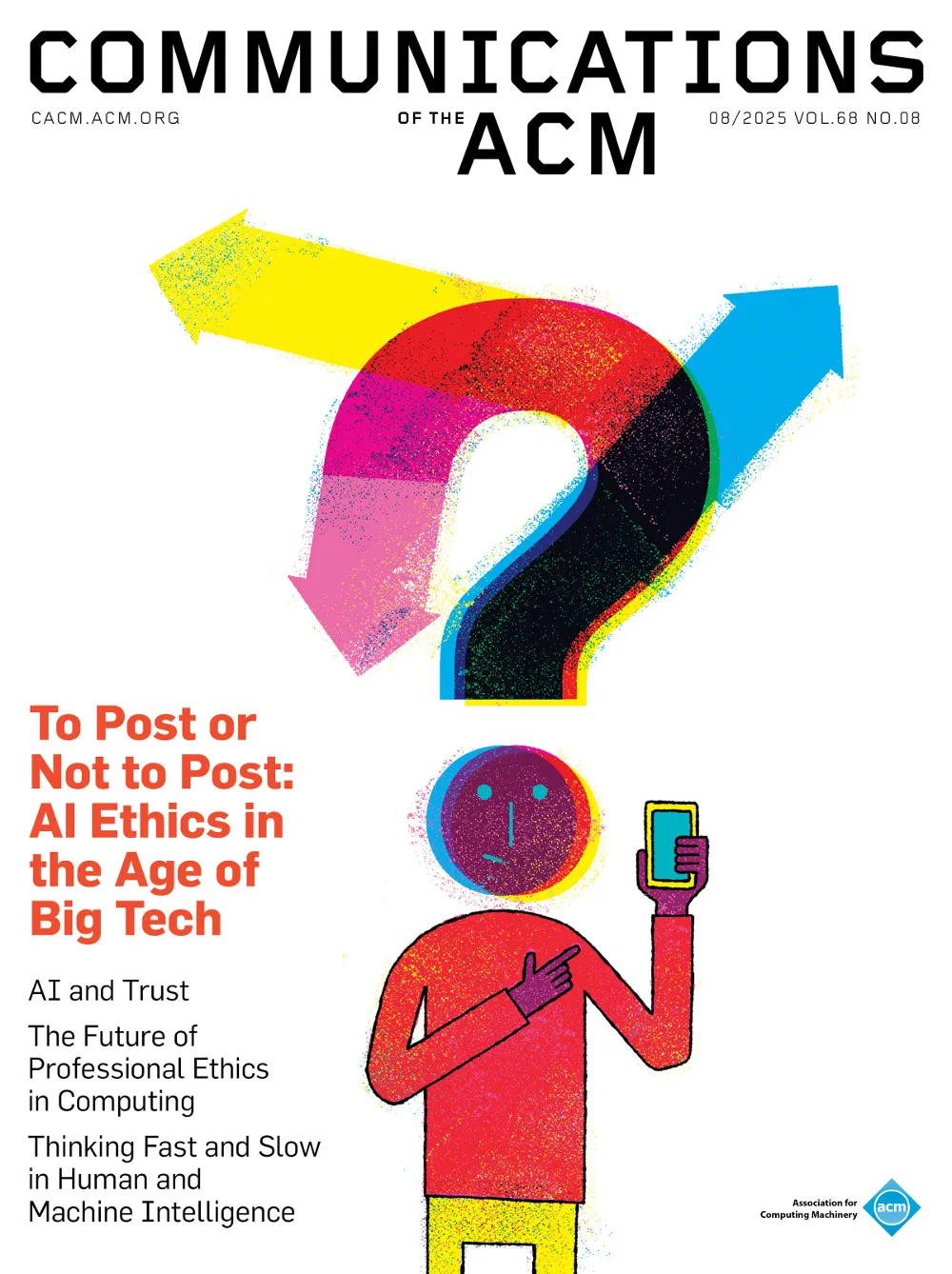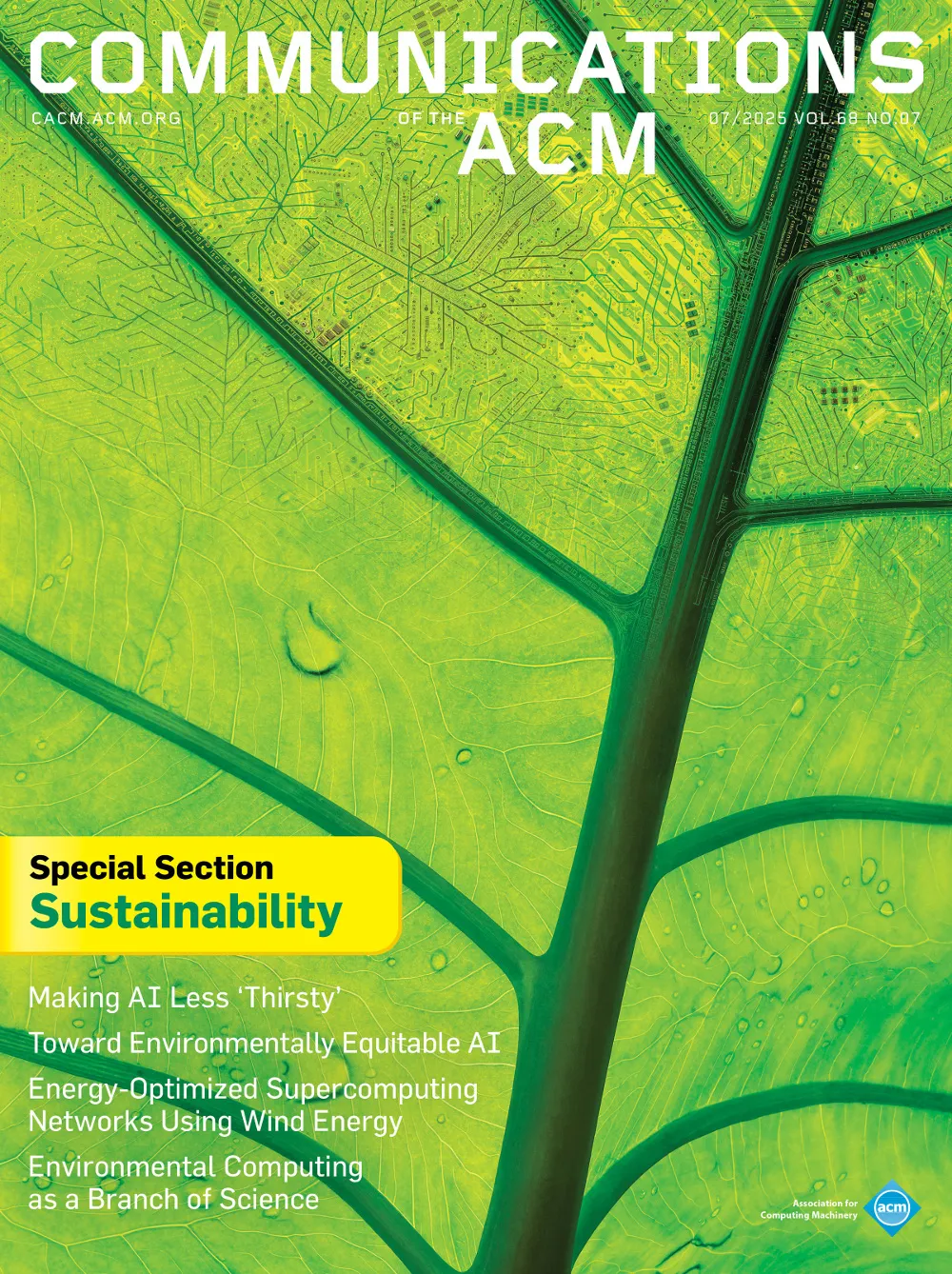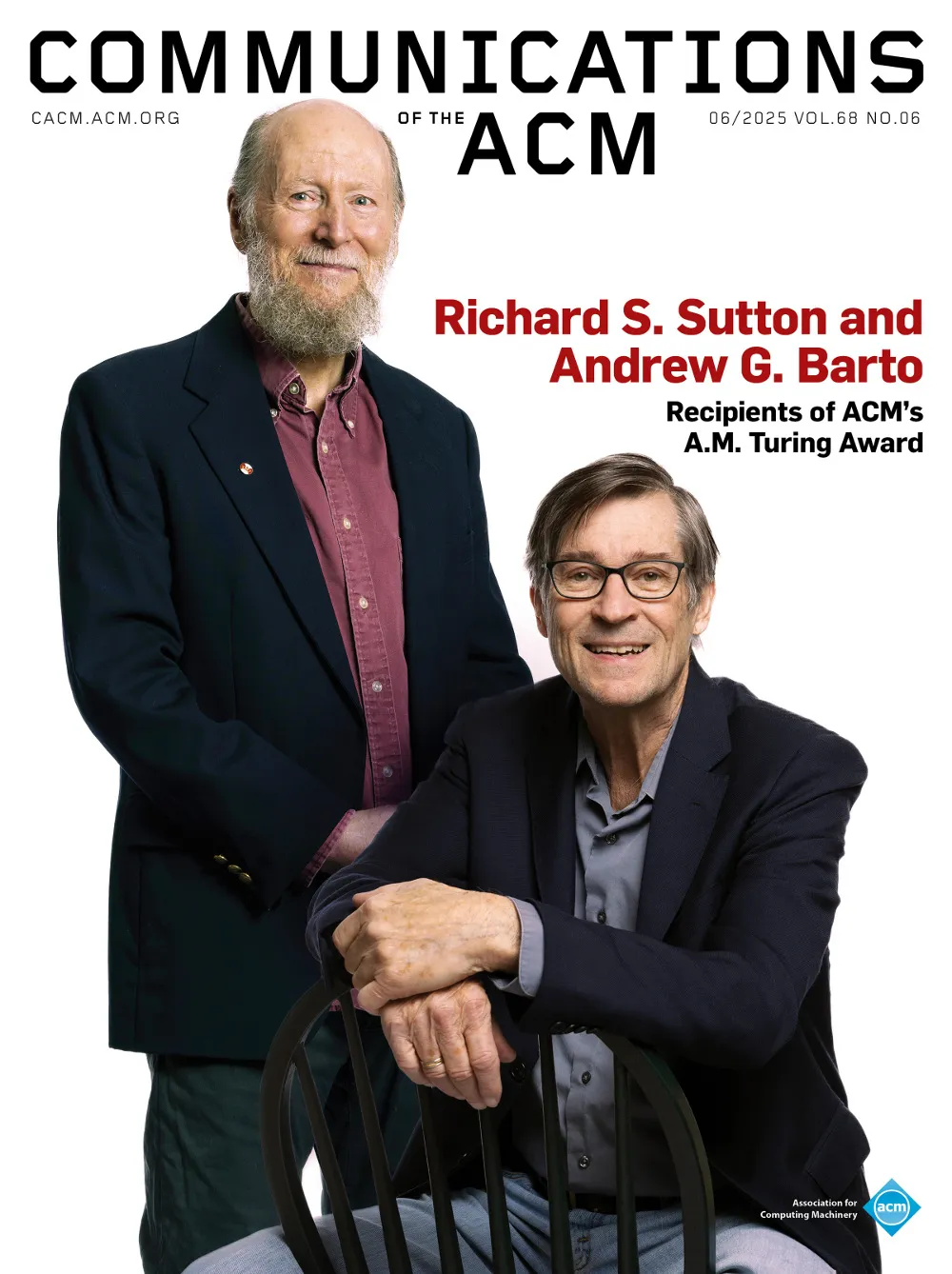October 2004 - Vol. 47 No. 10

Features
Not-Defect: the Mature Discipline of Testing
Voluntary Collective Licensing For Music File Sharing
Reflections on Free and Open Software
Voting Systems Standards and Certifications
Independent Testing of Voting Systems
Implementing Voting Systems: the Georgia Method
Small Vote Manipulations Can Swing Elections
Analyzing Internet Voting Security
Source Availability and E-Voting: an Advocate Recants
ACM Statement on Voting Systems
Cyber Warfare: Steganography vs. Steganalysis
Open Source Software Development Should Strive For Even Greater Code Maintainability
Evaluating E-Commerce Functionality with a Focus on Customer Service
Portals: Toward an Application Framework For Interoperability
A Survey of Online E-Banking Retail Initiatives
Who Values Technology Certification?



